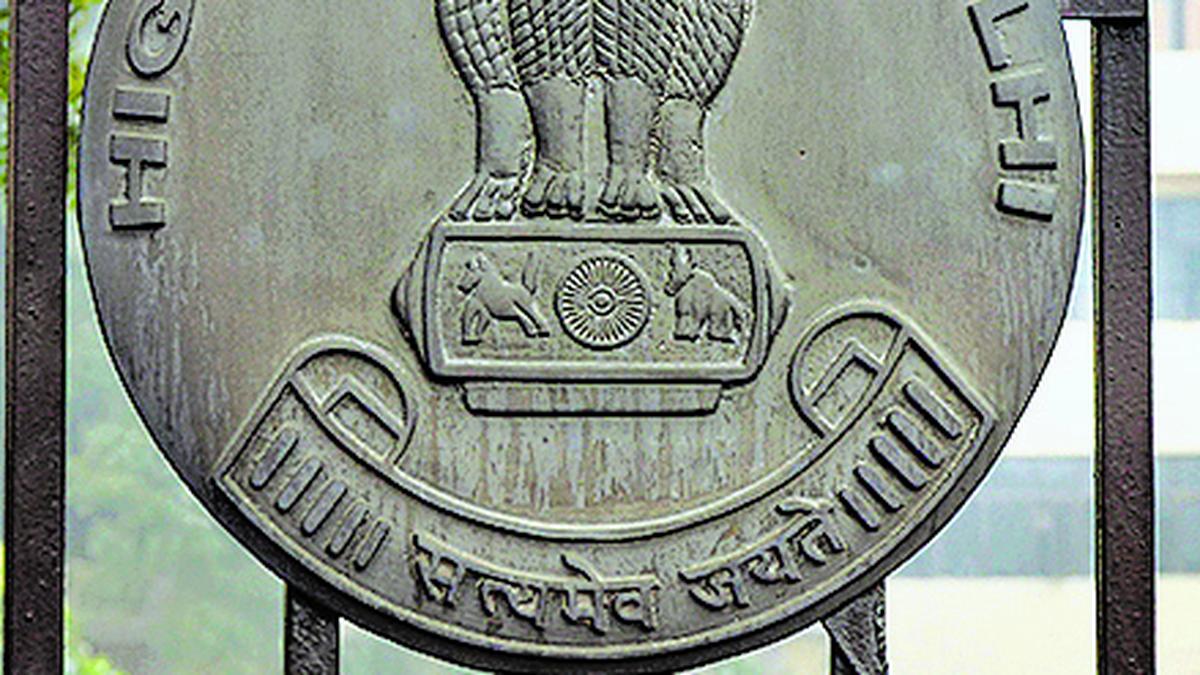 |
|
The Delhi High Court, in a landmark ruling, has declared that there is no legal prohibition against posthumous reproduction in India. This judgment came in response to a petition filed by the parents of a 30-year-old man who died in 2020, seeking custody of their deceased son's frozen sperm sample to enable posthumous conception. The court's decision, based on the principles of inheritance and the right to procreate, paves the way for a new legal landscape surrounding reproductive rights in India.
The case centered around a young man who had his sperm frozen before undergoing chemotherapy, anticipating potential fertility issues. Following his death, his parents approached Ganga Ram Hospital, where the sample was stored, seeking access to it. The hospital, citing a lack of legal clarity, refused to release the sample without court orders. The Delhi High Court, after carefully considering the case, ruled in favor of the parents, recognizing their right to access their son's genetic material and continue his legacy.
The court's judgment is significant for several reasons. Firstly, it establishes that the right to posthumous reproduction, in the absence of any specific legal ban, is implicitly protected under Indian law. This recognition aligns with global trends, where many countries have grappled with the legal and ethical implications of posthumous conception. The court referenced similar cases from Israel and Germany, where courts have allowed parents to access frozen reproductive material of deceased individuals, demonstrating the evolving global legal landscape in this area.
Secondly, the decision underscores the legal recognition of genetic material as a form of property that can be inherited by legal heirs. The court's reasoning hinges on the idea that the sperm sample represents a part of the deceased individual's biological legacy, and his parents, as his legal heirs, have the right to access and utilize this genetic material. This concept, while not explicitly stated in existing legislation, provides a compelling legal framework for posthumous reproduction.
The court's decision, while groundbreaking, also raises several important ethical and social questions. The implications of posthumous conception for the resulting child, including issues of identity and the absence of one parent, require careful consideration. The court's order that the sperm sample cannot be used for commercial or monetary purposes addresses some of these concerns, but further discussion and regulation are needed to ensure responsible and ethical use of reproductive technologies in this context.
This ruling sets a precedent in India and highlights the need for clear legal guidelines and ethical considerations around posthumous reproduction. The court's recognition of the right to access genetic material, while raising new ethical challenges, opens a dialogue about the future of reproductive rights and the evolving relationship between science, law, and societal values in India.
Source: No prohibition under Indian law on posthumous reproduction, says Delhi HC
